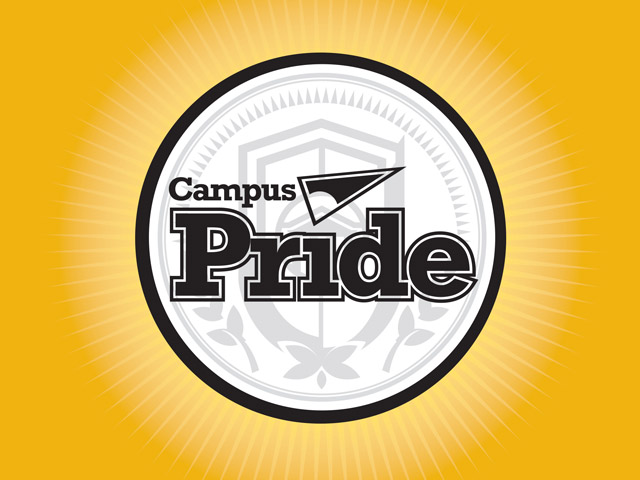

Can't find a book or article you need? Request it with InterLibrary Loan. Go to https://library.monmouth.edu/services/ or scan the QR code below.

Couch, Michael II; Frost, Marquisha; Santiago, J.; and Hilton, Adriel (2021) "Rethinking Standardized Testing From An Access, Equity And Achievement Perspective: Has Anything Changed For African American Students?," Journal of Research Initiatives: Vol. 5 : Iss. 3 , Article 6. Available at: https://digitalcommons.uncfsu.edu/jri/vol5/iss3/6
Riley-Reid, T. (2017). Breaking down barriers: Making it easier for academic librarians of color to stay. The Journal of Academic Librarianship, 43(5), 392-396. https://doi.org/10.1016/j.acalib.2017.06.017